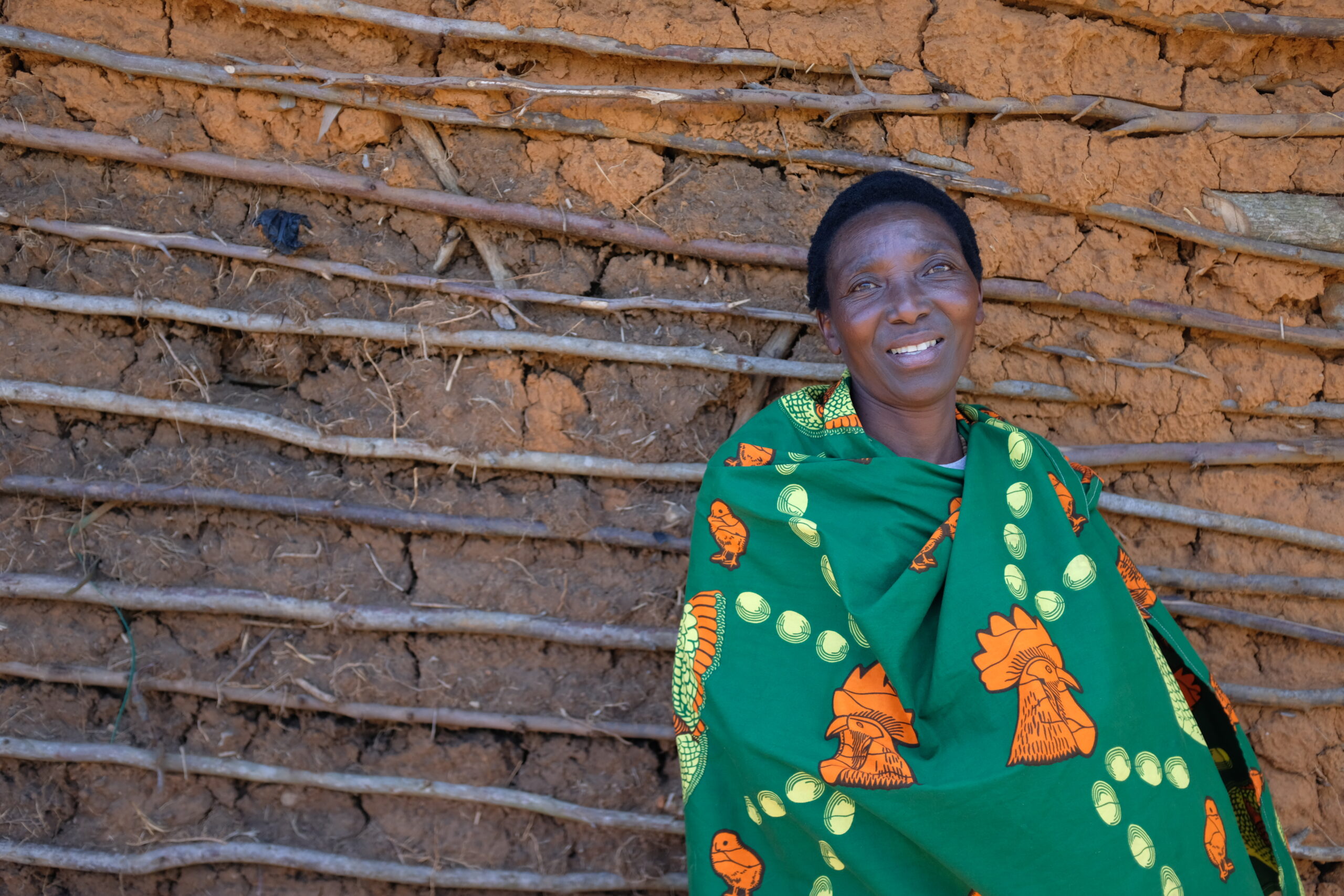(New York) — The United Nations Women’s Peace and Humanitarian Fund (WPHF) announced today the launch of a new study on women’s transformational roles in local conflict prevention, drawing on and documenting the approaches and impact of 15 WPHF partners in Burundi, Iraq, Palestine, Philippines, and Uganda.
Recognizing that women’s participation in conflict prevention at all levels is often invisible or overlooked, this new research study, “Women’s Transformational Roles in Local Conflict Prevention,” sheds light on the strategies, tools, and innovative approaches of women’s rights organizations (WROs) while identifying best practices and lessons learned from their critical work on peacebuilding and conflict prevention.
The study also spotlights the tremendous contributions of women peacebuilders and their local organizations to conflict prevention, examines the unique challenges they face, and aims to shift the international funding architecture to accelerate support for their conflict prevention work across the globe.
In Uganda, women who were trained in conflict prevention and involved in mediation activities developed the skills, knowledge, and confidence to put themselves up for election for leadership positions. Women involved in conflict prevention work were able to join local bodies such as district committees and land committees for the first time, thereby bringing gender and conflict prevention issues to the work of these committees.
Throughout the study, many examples showcase the critical work of women as peacebuilders, mediators, preventors of violence, combatants, and victims of violence in their communities, often building upon their existing roles to effectively address the drivers of conflict, challenge existing gender norms, and participate in decision-making on peace and security issues.
A thorough examination of the work of WPHF partners at the local level also showcases their various conflict prevention strategies to tackle the specific conflict dynamics in their communities, from implementing mediation activities to establishing women-led early warning and response systems, conducting awareness raising and advocacy at the community level, connecting women — including those from marginalized groups — to wider conflict prevention actors and systems, and undertaking research and analysis to galvanize support for women’s participation in conflict prevention.
“At the community level, women often take a softer approach, and a more compromised, focused and persuasive approach to dialogue, which is useful in overcoming resistance and bringing together conflicting parties,” said a member of Catholic Relief Services (CRS), a WPHF CSO partner in the Philippines.
Drawing on these examples, the study advocates a range of key recommendations regarding how funders can most effectively support the conflict prevention work of
grassroots WROs around the world, such as:
- Channeling sufficient, long term and flexible funding for their conflict prevention work to ensure their sustainability, enable them to meet the scale of conflict-related challenges, and respond quickly to emerging priorities and
changing circumstances. - Understanding the context specific relationship between conflict dynamics and gender inequalities, and recognizing the existing strategies that women employ to address conflict in their communities.
- Enhancing the leadership of grassroots women and their organizations in leading conflict prevention work within their local communities and linking them with women’s movement for peace at other levels.
- Combining funding for women’s conflict prevention work with political, policy and networking support to create an enabling environment for women to effectively carry out this work.
- Providing both technical and organizational capacity development for WROs involved in conflict prevention work, with a particular focus on building strong and sustainable organizations and networks.
- Adopting a holistic approach that acknowledges that WROs work across multiple areas of their lives in response to community needs in order to strengthen their ability to engage in conflict prevention.
- Promoting learning opportunities and the exchange of experiences among women working on conflict prevention at local level.
Download and read the full study here.
